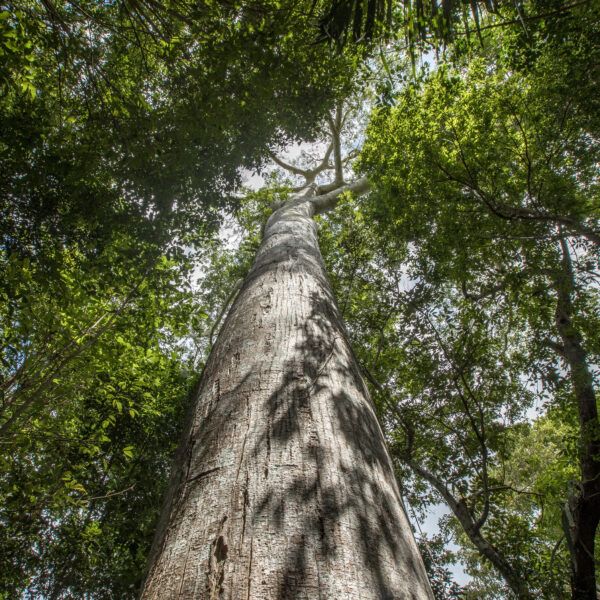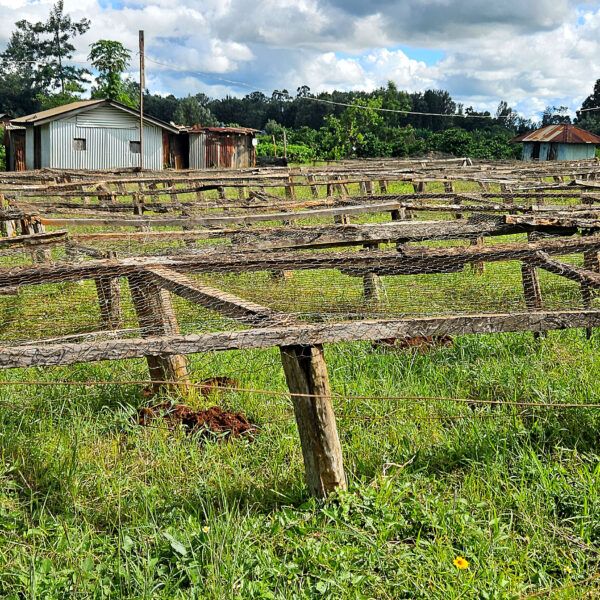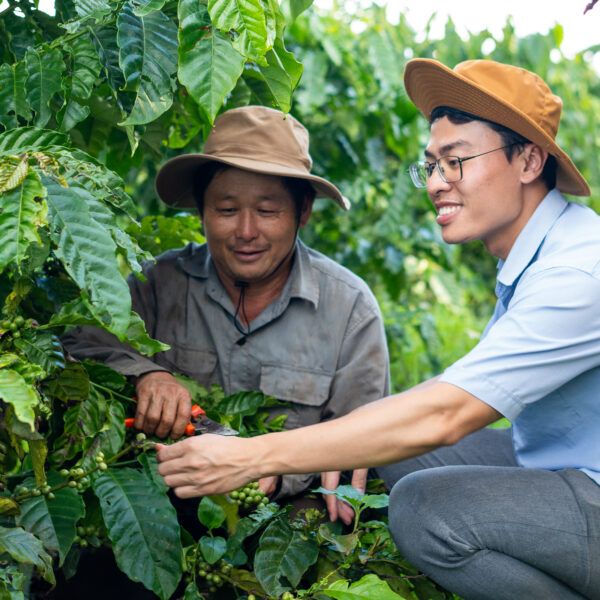LEAN is a four-year project funded by the European Union’s flagship GCCA+ initiative that aims to conserve biodiversity, build climate resilience, and reduce emissions from land-use changes in the savannah, high forest, and transition zones of Ghana—and all while helping local farmers to improve their livelihoods.
The project seeks to address three structural barriers that have historically hindered efforts by governments, civil society organizations, and the private sector to halt land degradation and deforestation through the uptake of landscape approaches. First, most stakeholders while interested in conserving natural capital and helping to improve livelihoods, have only had the capacity and knowledge to act within their direct sphere of influence or economic interest and not at broader scales. Secondly, even though there is growing recognition of the importance of working at a landscape level to address sustainability, there has remained a lack of effective tools, resources, and incentives to drive aligned action at such a scale. Lastly, although some multi-stakeholder governance structures have been encouraged, Ghana doesn’t have an example to date of one sustainable or self- sustaining landscape governance model for scale up.
The LEAN project will be implementing Integrated Landscape Management (ILM) models in three priority landscapes across the savannah, high forest and transitional ecological zones of the country through functional and sustainable landscape governance structures, market incentives and diversified income-generating activities. By using the landscape sustainability measurement framework (LandScale), an evidence-based ILM model will be produced for national and regional scale-up.
Location
Three selected landscapes in Ghana and partner districts:
Savannah Landscape:
- West Gonja
- Kassena-Nankana West
Transitional Ecological Landscape:
- Offinso Municipal
- Offinso North
- Techiman North
- Nkoranza North
- Nkoranza South
High Forest Zone Landscape:
- Sefwi Wiawso Municipal
- Bibiani-Anhwiaso-Bekwai Municipal
- Bodi and Akontombra districts
Project duration
2020 to 2024 (48 months)
Project objectives
The overall objective of the project is to directly contribute to the national efforts of conserving biodiversity, improving livelihoods of smallholder farmers, increasing climate change resilience, and reducing emissions from land use changes in the savannah, high forest and transition zones of Ghana.
Specific objectives:
- To facilitate the mechanisms that will help the landscapes become sustainable and self-sustaining over the long-term by working with companies, government, and communities.
- To use LandScale, a multi-stakeholder assessment framework, reporting platform, and verification mechanism, to help drive landscape-scale sustainability across the three landscapes.
- To build evidence of scalable Integrated Landscape Management (ILM) models and a business case for broader investment.
Project results
The vision for this project is to set up demonstrable and scalable landscape governance structures that are empowered to make sustainable management decisions, operate within the government supported regulatory framework and are sustainable (with sustainable business and financial model, or some form of performance-based benefit sharing system), where communities are actively engaged in the democratic decision-making and planning.
The governance structures will serve as a collaborative and inclusive natural resources governance and management framework that will foster local community participation and responsibility in the conservation of natural resources, forest management and climate change mitigation and adaptation strategy that generates livelihood benefit for smallholder farmers and forest users.
Concrete measurable impacts:
- Three multi-stakeholder gender sensitive governance mechanisms are fully operational;
- 250,000 ha of land is under improved management;
- 10,000 ha of degraded land is restored;
- 36,000 smallholder farmer households have increased food security and household income;
- Sustainable and real economic revenue streams for landscape/community-based natural resource management and/or conservation projects to 36,000 community members in three landscapes (this includes capacity building in cocoa/cashew/shea commodities, diversification, certification premiums and REDD+ incentives);
- Biodiversity conserved and restored across the three landscapes;
- Policy makers commit to scale up the landscape governance strategy beyond the three landscapes;
- Development of a new generation of young landscape and sustainability practitioners from beneficiary landscapes who have knowledge and business acumen to support development of their communities;
- Effective measurement framework implemented in three landscapes using LandScale.
Partner organizations
Project funder
European Union
Rainforest Alliance contact
Abena Dufie Woode, Senior Project Manager




